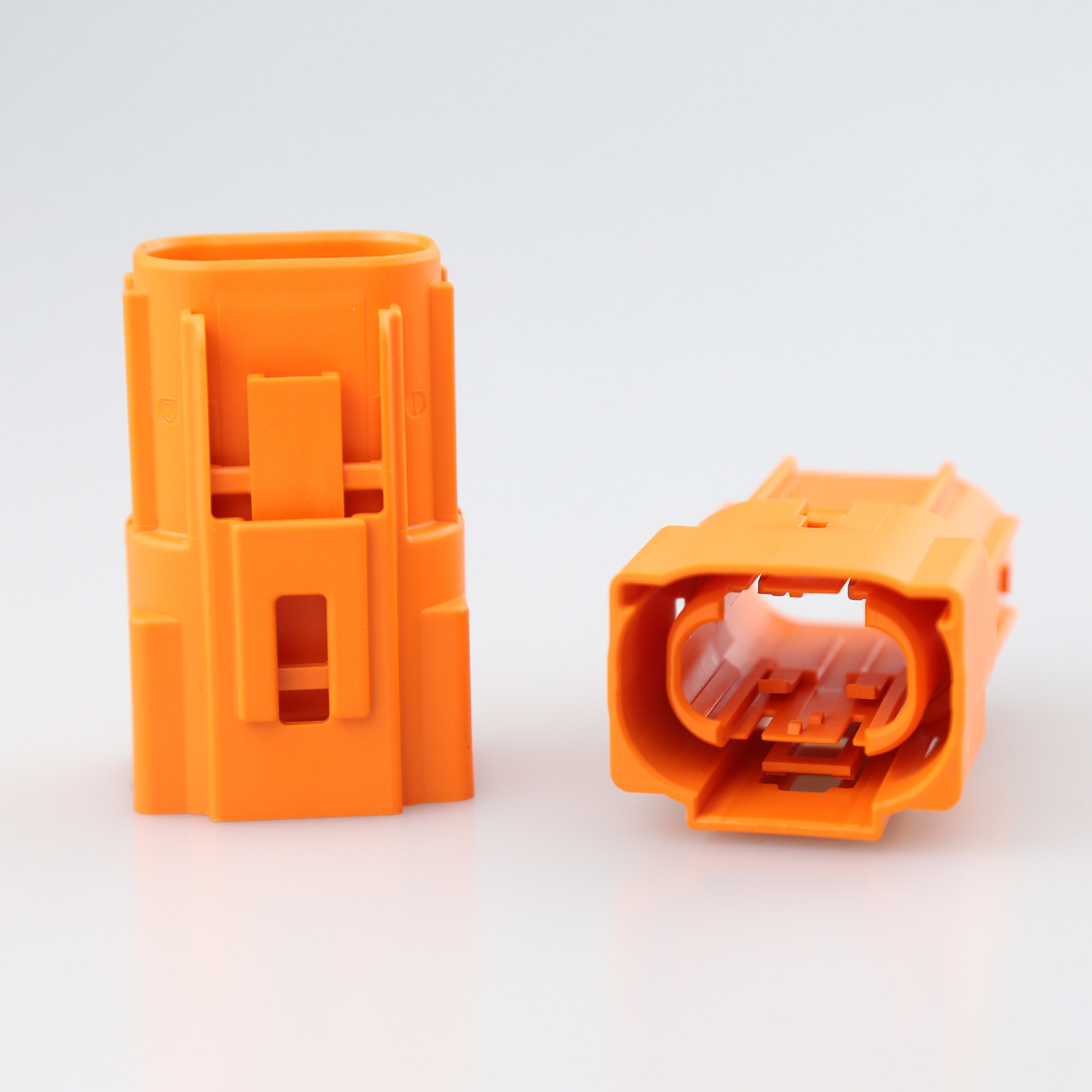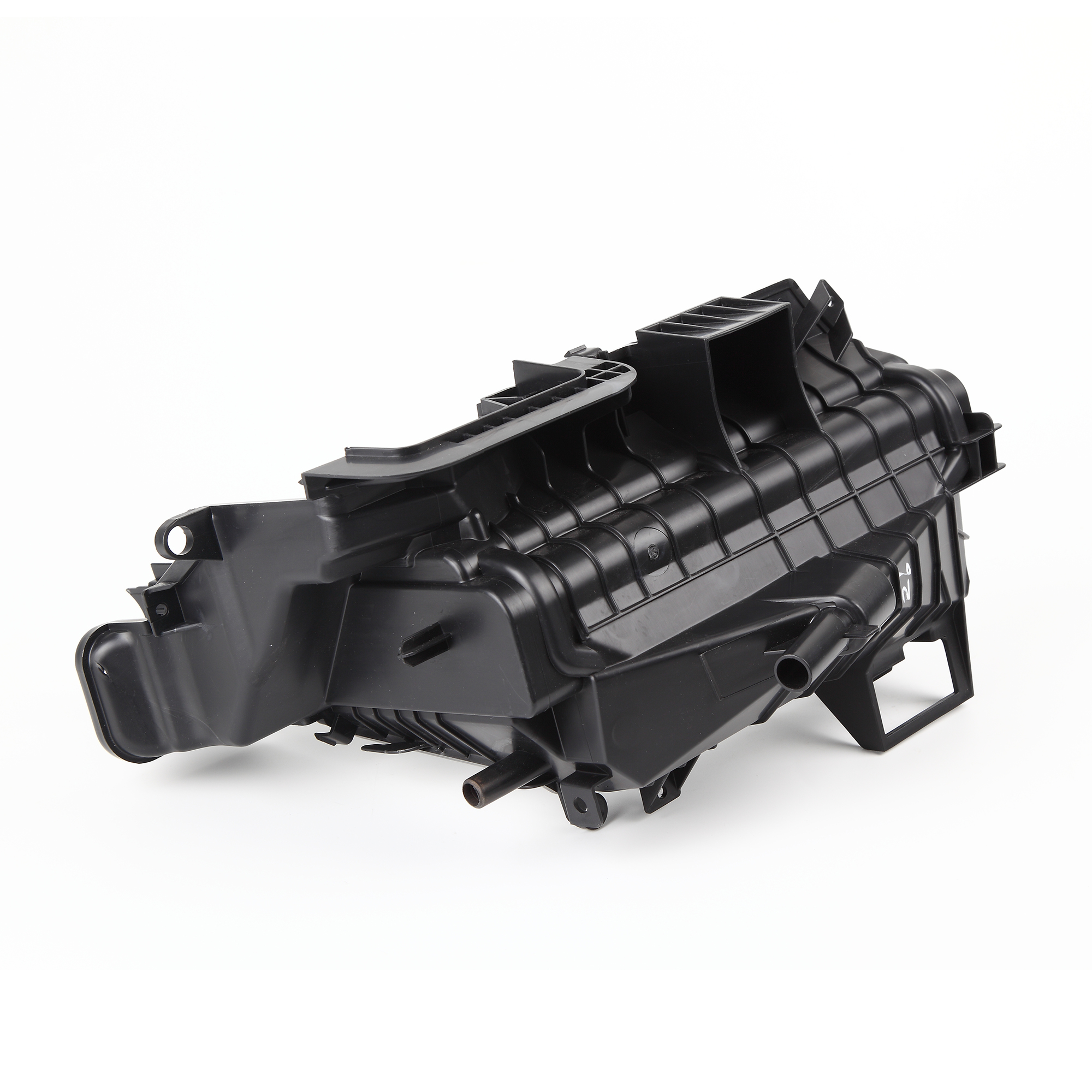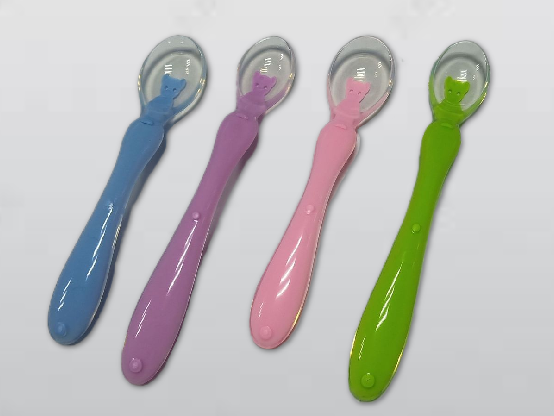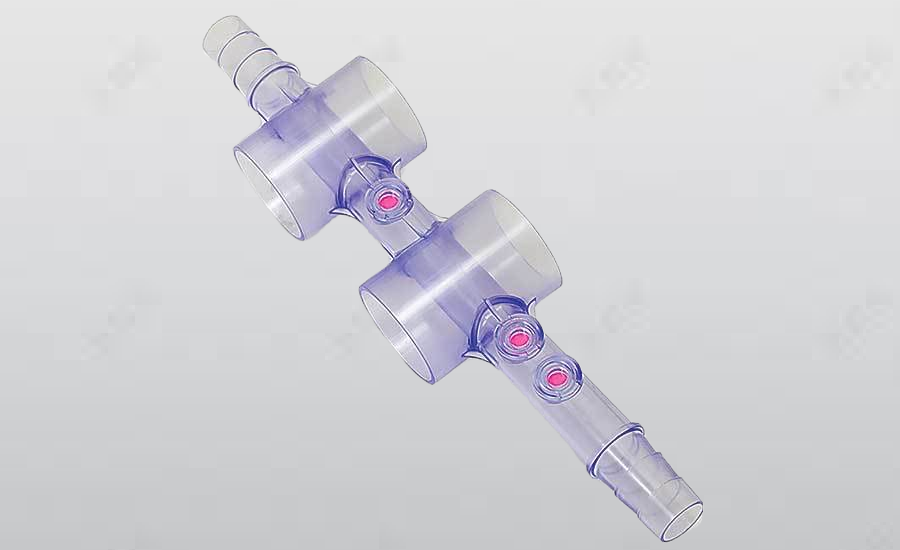




Plastic injection molding is a widely-used manufacturing process that involves injecting molten plastic material into a mold cavity. The plastic then cools and solidifies to form a desired shape. There are a variety of materials commonly used in plastic injection molding, each with its own unique properties and characteristics. Let's explore some of the most commonly used materials in this process.
1. Polypropylene (PP)
Polypropylene is a versatile thermoplastic polymer that is commonly used in plastic injection molding. It is known for its high chemical resistance, good impact strength, and flexibility. PP is often used in packaging, automotive components, and consumer products.
2. Acrylonitrile Butadiene Styrene (ABS)
ABS is a tough and durable thermoplastic that is commonly used in injection molding. It offers good impact resistance, heat resistance, and dimensional stability. ABS is widely used in automotive parts, electronic housings, and consumer goods.

3. Polycarbonate (PC)
Polycarbonate is a transparent thermoplastic that is known for its high impact resistance and optical clarity. It is commonly used in applications that require high strength and temperature resistance, such as automotive headlights, safety helmets, and medical devices.
4. Polyethylene (PE)
Polyethylene is a lightweight and flexible thermoplastic that is widely used in plastic injection molding. It is known for its excellent chemical resistance, low moisture absorption, and good electrical insulation properties. PE is used in packaging, pipes, and medical devices.
5. Polyvinyl Chloride (PVC)
Polyvinyl chloride is a versatile thermoplastic that is commonly used in injection molding. It offers good chemical resistance, weatherability, and flame retardancy. PVC is used in a wide range of applications, including construction materials, medical devices, and automotive components.

In conclusion, plastic injection molding offers a wide range of material options to choose from, each with its own unique properties and advantages. By understanding the characteristics of different materials, manufacturers can select the most suitable material for their specific application, ensuring the success of their injection molding projects.